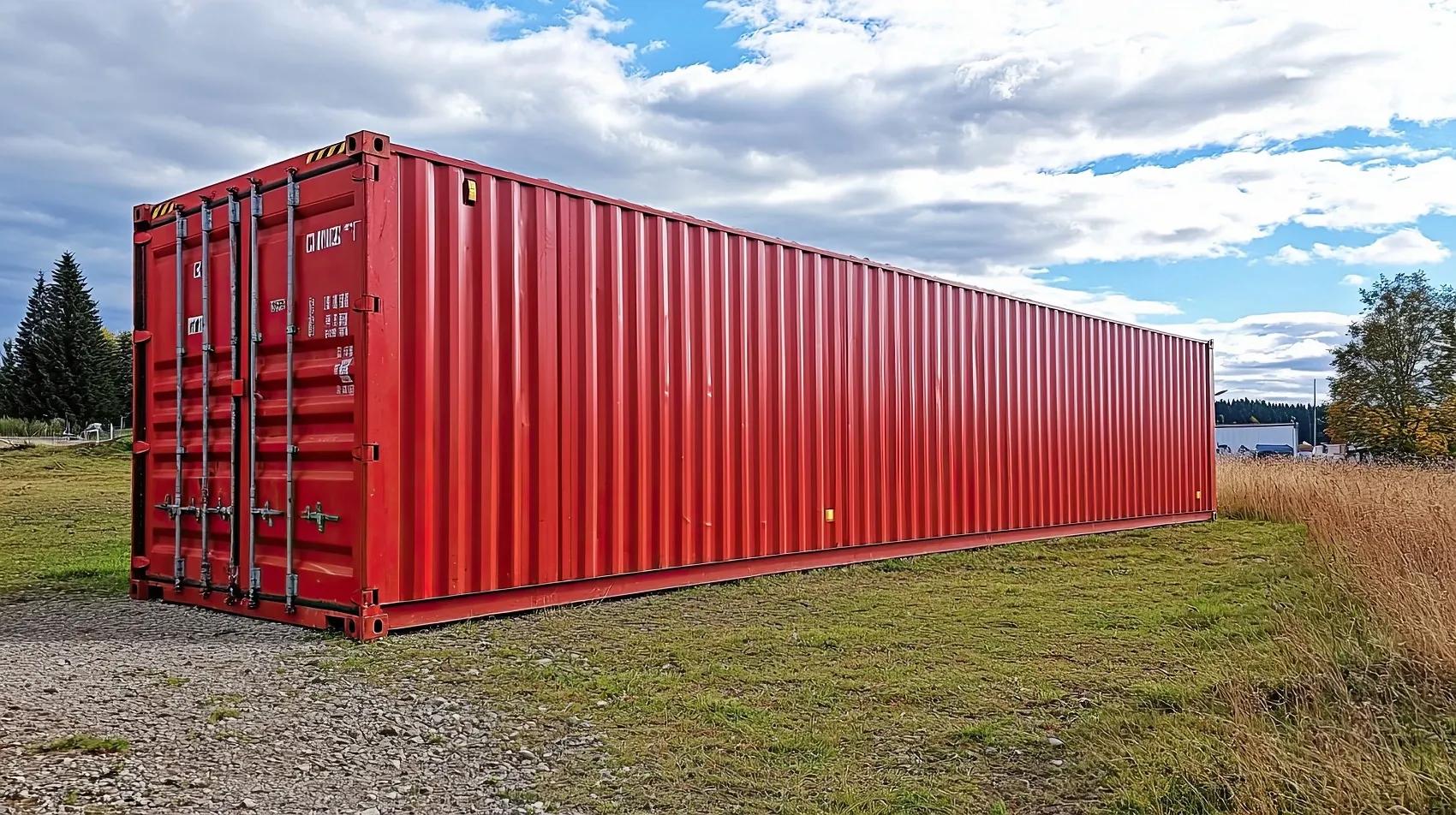Use of containers
Rental of containers
Shipping Containers – From Cargo Transport to Backyard Storag

Over the years, shipping containers have transformed from an essential element of international logistics into versatile storage solutions. This evolution was driven by technological and innovative advancements as well as market globalization. The first containers, developed in the 1950s, aimed to standardize cargo transport. Their dimensions were unified (a standard still in use today), facilitating quick transfers between various modes of transport, reducing shipping costs, and enhancing the safety of transported goods. Thanks to these key advantages, containers became the foundational units of global trade.
Over time, the operational lifespan of containers increased, allowing them to serve logistics for extended periods. However, after years of continuous use, containers no longer meet marine safety standards, ending their role in cargo transport. Despite this, many containers remain in good condition, prompting their repurposing for uses beyond transporting goods.
Shipping containers offer several advantages, including:
- Structural durability: Made of steel with a rectangular shape, containers feature corrugated walls for added stability and aerodynamics. They are highly resistant to damage and protect against various weather conditions.
- Modularity: Containers can be easily combined to create larger spaces.
- Affordability: Used containers, reflecting signs of wear, are significantly cheaper than new models, making them more cost-effective.
Thanks to these features, containers began to appear as storage units on construction sites and in industrial sectors. Over time, businesses and private individuals also adopted their use. Containers were employed as temporary warehouses, storage facilities in logistics and distribution, or agricultural storage. Today, containers are viewed as elements of recycling due to their repurposing across industries. They have also been modified for entirely new purposes, such as bars or summer cottages.
Current Uses of Shipping Containers
Beyond their ongoing role in global cargo transport, shipping containers now serve numerous other purposes. Apart from transportation, the second most common use is storage. Container storage units can be found everywhere: on construction sites, at businesses, at events, or on private properties. Storage yards known as "self-storage" facilities have also emerged, allowing individuals to store belongings if they lack space for a container on their property.
In addition to storage, containers are utilized in various economic sectors. Office containers are particularly popular, serving as offices on construction sites or in unconventional locations. They can also function as security booths, ticket offices at events, or offices for small businesses. After modifications, containers are increasingly used in gastronomy as mobile food outlets. They can also be transformed into housing units or energy storage facilities. The possibilities are vast and depend on customer needs.
Renting Containers vs. Traditional Warehouses
The growing popularity of shipping containers as storage solutions is largely due to their cost-effectiveness compared to traditional warehouses. Used storage containers are much cheaper than new models and are more economical than building a warehouse from scratch. Renting a container costs a few hundred złoty per month, making it an excellent option for users who do not need a permanent solution. Containers are also mobile; if storage needs to be relocated, the container can be moved, which would be impossible with a traditional warehouse. Customers can also choose to rent storage on their property or at a storage yard if they lack space at home. Traditional warehouses do not offer such flexibility; they remain fixed at the location where they were built or rented.
Over the decades, shipping containers have undergone an evolution that has significantly expanded their possibilities. Storage functionality is now the second most popular service they offer after their original transportation purpose. Containers as storage units are an ideal choice for industries, businesses, and individual customers alike.


